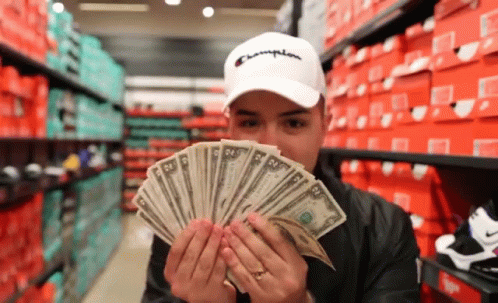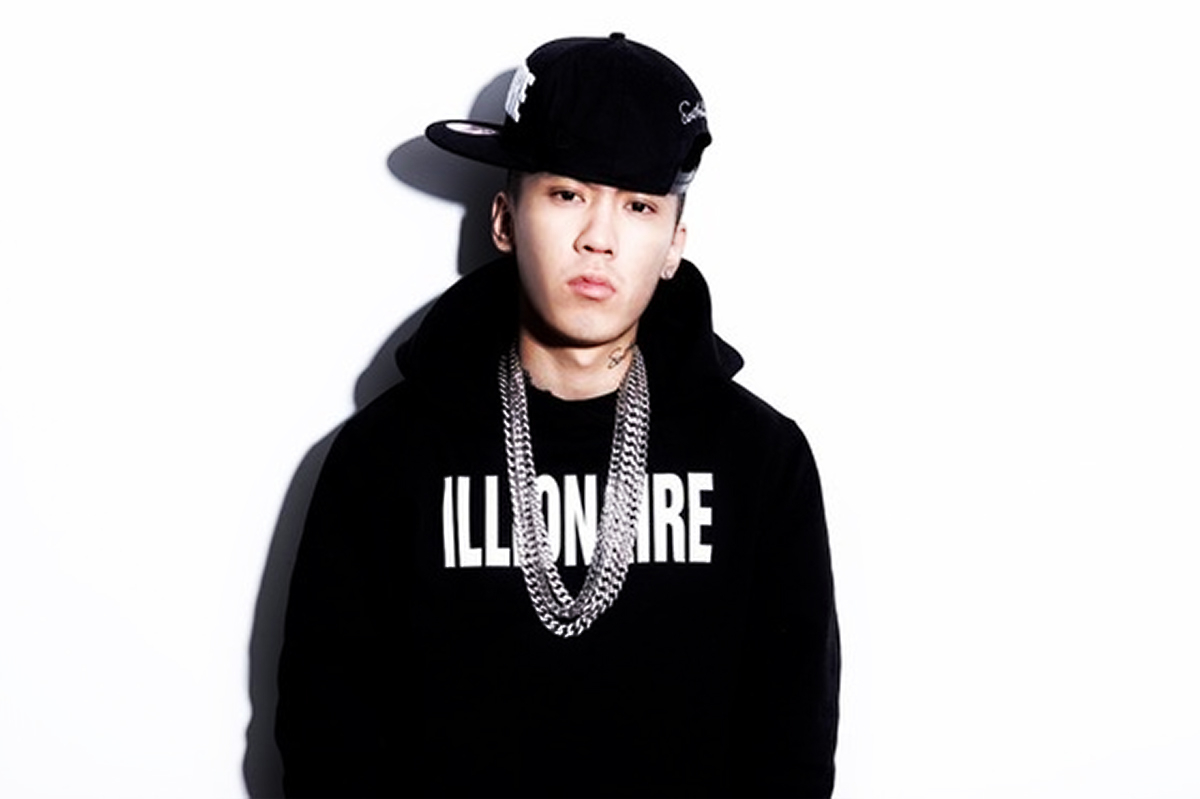Flex culture is now a well-established social phenomenon both domestically and internationally. Celebrities, influencers, and even regular people can amass enormous social media followings by flaunting fancy clothing, pricey residences, and lavish international travel.

An example is shown by Dok2, a self-described "wealthy" rapper, who is on THE South Korean national health insurance operator's list of significant defaulters, individuals whose past-due premium payments total more than 10 million won (RM34,613). It was proven that he had not paid 16.6 million won (RM57,460) between 2018 and 2019.
 Image by AllKpop
Image by AllKpop
The National Tax Service made the information public just one month before when the rapper in question owed 320,000,000 won (RM1.1,000,000) in back taxes. Dok2 did not mention his tax debt when he released photographs for his new album on Instagram after this information became public.
The public has expressed outrage at the apparent irony of a man who notoriously boasted about his fortune in his songs and public appearances. In contrast, the 32-year-old artist has stayed silent about the matter. Dok2 raps, "Get money, get dough/Get paper, let's get more" in the song 1LLIN.
The irony of the current circumstance is that Dok2 has served as the face of a culture of extravagant consumption among younger Koreans. He has previously admitted to having stacks of 50,000 won bills at home on television. During his 2019 concert, he also performed a performance in which he distributed 10,000 won accounts to his audience.
In Korea, flaunting one's wealth by extravagant conspicuous consumption is commonly referred to as "flexing," a condensed version of the original US slang term that refers to flaunting one's appearance, possessions, or anything else that is deemed valuable. Flexing is frequently interpreted as an attempt to suggest one is superior to others by virtue of such characteristics or possessions.
Rappers in Korea haven't been afraid to show off their spending tendencies. For his birthday, rapper Dok2 claimed to have purchased a Bentley and a Ferrari on television.
Image by Koreaboo
"Rappers had to flex back then. I felt under pressure to share pictures of brand-new (expensive) products on social media," he said, adding that he had since modified his methods. He gave up purchasing name-brand items and started working part-time jobs to save money.
A scandal erupted last year over Song Ji-ah, a YouTuber with over two million subscribers, after it came to light that many of the designer-label clothing items and accessories she wore in her videos—which she insisted were real—were actually phony.
 Image by VOI
Image by VOI
Many individuals want to be wealthy, and he claimed that watching these kinds of videos is the method to get around that urge.
Another example of a local school uniform company, Smart, which conducted a study of 783 middle and high school students last year, finding that nearly half of them, 46%, had purchased name-brand goods. The two main motivators were that they had "seen celebrities use it" and "didn't want to be left out among peers."
Similar Case in Malaysia
To add, we also have a similar case to this in Malaysia. An influencer known as Yang Bao Bei who also owns a boba store in Sri Petaling was caught scamming her followers and friends. She admitted that she has a gambling addiction that made her frantic.
It all began when she experienced significant benefits from a modest investment. From there on, her interest in gambling had increased due to the excitement she was having. However, as a result of her addiction, she had lost all her savings from it. In order to start making money and gambling again, she started taking out loans from loan sharks, but she was never able to make enough money to repay them.
Her family was threatened, and the loan sharks even showed up at her home and demanded that she work for them. A victim claimed that she had given RM30,000 (~S$9,731) to Yang after the YouTuber said she needed it for an emergency, and she had never paid out until now.
Well, honestly this is ironic. But this is a phenomenon that has been happening for years, especially among youths. They tend to feel left out so they find ways for them to be accepted, and when they are in a state where they can’t afford it, they’ll continue the flexing culture and suffer. Therefore, flex culture has to be banished and somehow removed from society.
What are your thoughts on the flex culture? Let us know in the comments.
*Sources: Visual and Reference Credits to The Star & various cross references for context.
FOMO much? Follow our Facebook and Instagram for more updates.